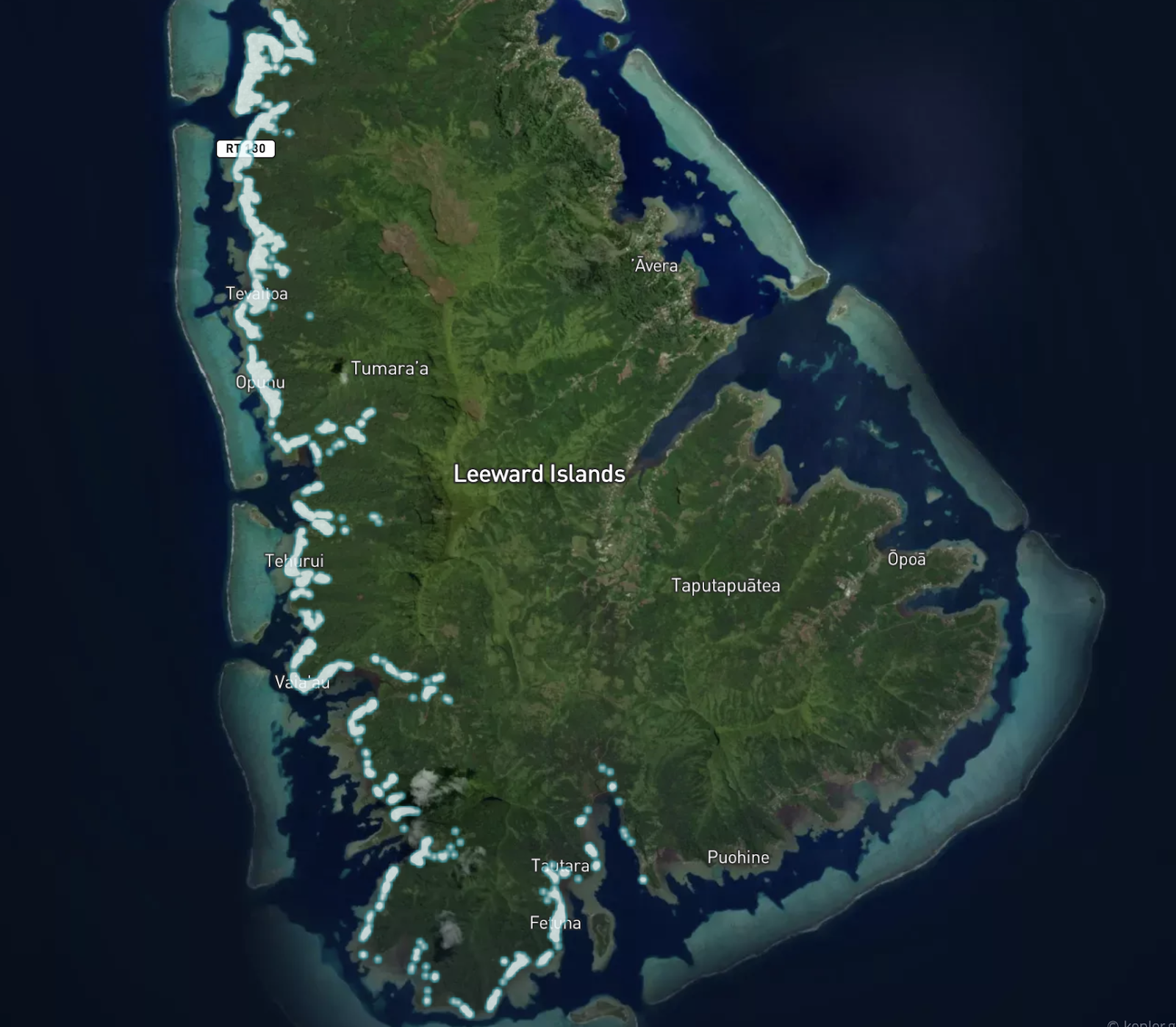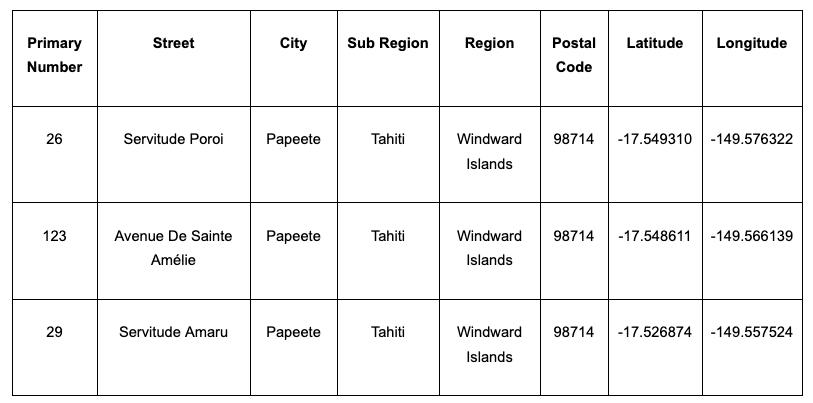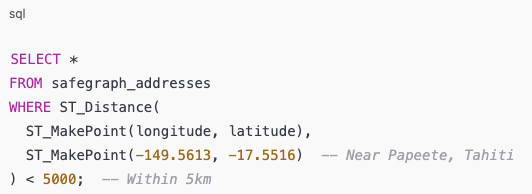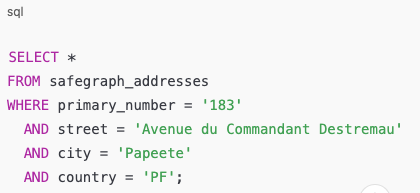Expanding into global markets takes more than ambition. It requires a solid foundation of reliable infrastructure, and at the core of that is accurate address data. In many regions around the world, clean, standardized, and geocoded addresses are difficult to find.
Across LATAM, MENA, Southeast Asia, and Eastern Europe, public records are often incomplete. Address formats vary not just from country to country, but often within countries themselves. Some regions rely on informal or local naming conventions, while others use entirely different addressing systems that apply only to specific areas. These localization challenges make it difficult to verify or normalize addresses at scale, especially when trying to support global operations with a single system.
Without a trusted source of address data, global operations run into delivery failures, compliance gaps, and poor user experiences.
In this post, we’ll show how SafeGraph solves these challenges with structured, geocoded address data – and walk through a real example from French Polynesia.
For many companies, expanding internationally means stitching together fragmented local data sources, manually verifying addresses, or relying on customers to input clean data – none of which scale.
Without consistent, verified address data:
The result is higher operational costs and a worse user experience in the very regions where growth matters most.
SafeGraph provides a single source of high-quality, geocoded addresses – especially in countries where traditional providers fall short. Each address in our dataset goes through a multi-layered verification process:
We continuously expand our global coverage based on customer demand - and offer custom sourcing for countries not yet supported.
Our global address dataset includes support for dozens of hard-to-source countries, including:
We recently added support for French Polynesia, a remote and complex region that illustrates the quality and flexibility of our sourcing and are always adding more based on customer demand.

French Polynesia spans over 100 islands, many of which have no formal address systems. As a result, large parts of the country have no addresses to capture. SafeGraph provides strong coverage in the populated areas where address systems do exist, offering verified, high-precision data where it matters most.

Teams across industries use SafeGraph’s global address data to power:
Mapping & Navigation
Search, autocomplete, and routing work best when addresses are both accurate and widely available. Poor coverage limits what users can find. By expanding address coverage in hard-to-source regions, SafeGraph increases the success rate of location-based services.
Rideshare & Delivery
Reduce failed pickups and missed deliveries by routing drivers to exact building centroids rather than vague street-level estimates. Expanding address coverage is just as critical — if an address isn’t in the database, drivers can’t be routed to it at all.
Address Verification
Normalize and validate user-submitted addresses worldwide in real time, reducing form errors and fraud risk. Broader coverage improves the success rate of verification requests, especially in regions where address data is typically incomplete or unavailable.
Shipping & Logistics
Improve delivery accuracy, reduce customer service escalations, and cut down on re-delivery costs. More precise address data also leads to better shipping quotes by enabling accurate distance and cost estimations upfront.
Fraud Detection & Market Expansion
Confirm the real-world existence of locations to fight synthetic identity fraud and assess market viability. Expanding address coverage in emerging markets makes it easier to evaluate fraud risk and identify real opportunities with greater confidence.


By using SafeGraph as your global address provider, you can:
✅ Consolidate vendors and simplify sourcing
✅ Free up internal data science and ops resources
✅ Speed up market entry and product launches
✅ Improve user experience and reduce errors
✅ Minimize fraud and compliance risk in new markets
We’re offering a free sample of SafeGraph’s address data in French Polynesia. See the structure, precision, and verification quality firsthand – and test it in your own systems.
Need coverage in a different country? Let us know and we’ll prioritize it for sourcing.